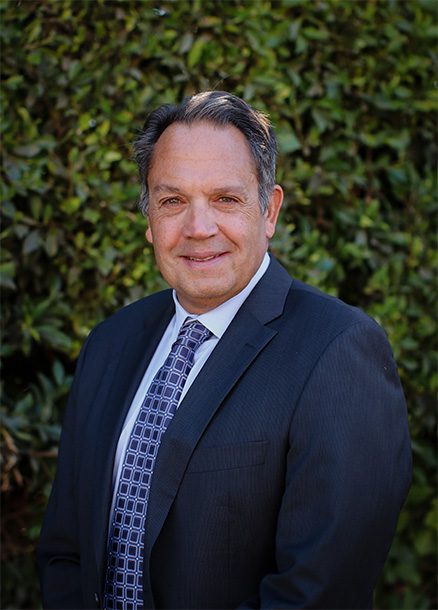Why It Is Important To Have End Of Life Treatment Options And Prepare An Advance Health Care Directive
Posted on: May 12, 2020
Botti & Morison Estate Planning Attorneys, Ltd.
In light of the recent Covid 19 Healthcare Crisis that, worldwide, has claimed over 237,000 lives, it is important to ensure that your medical wishes are well-known and documented. The best practice to do so is to prepare a California Law compliant Advance Healthcare Directive, sometimes referred to as a Durable Power of Attorney for Health Care or a Living Will. An Advance Healthcare Directive will ensure that if you cannot give informed consent or denial any longer, that your medical wishes are adhered to up to and including the final moments of your life. It allows you to appoint an healthcare agent to act on your behalf and avoids the need to establish an expensive probate proceeding known as a Conservatorship.
However, after cases such as Terri Schiavo (nee Schindler) in Pinellas Park, Florida, resulting in over 14 appeals to both the Florida Supreme Court and the Supreme Court of the United States, it is imperative to have an advance healthcare directive in place that clarifies your wishes and beliefs on end of life treatment options. Schiavo’s husband and parents were in a legal battle regarding her feelings on the Right To Die law, also known as the Death With Dignity law. After 13 days of surviving without a feeding tube, Terri Schiavo succumbed to dehydration after living in a vegetative state for over 15 years in a Pinellas Park hospice center.
How Do You Find An Advance Directive Form?
You can download a generic one from the California Medical Association for a modest fee. Better yet, you can have a fully customized Advance Directive prepared by an attorney at our firm, also for a modest fee.
The advance healthcare directive form can be especially vital in cases of cognitive diseases, such as Alzheimer’s disease, in which you lose cognitive abilities as the disease progresses. In addition to making healthcare decisions about day to day medical care, DNR and DNI orders can be obtained and put into effect. A DNR (do not resuscitate) and DNI (do not intubate) order can ensure that you aren’t left in a vegetative state for an indeterminate period of time, and that your end of life treatment decisions are adhered to, even if you are incapacitated.
Once you have your advance healthcare directive completed, and if necessary, witnessed and notarized, you should provide a copy to both your primary care physician and your healthcare proxy. This is to ensure that there is more than one person with your end of life treatment options working to ensure that your wishes are met. In the case of Terri Schiavo, it is important to note that there was no advance healthcare directive in place.
If you have any questions or would like more information, please don’t hesitate to call (877-585-1558), email us or register to one of our free webinars.
By Christopher E. Botti
(Photo credit: Piron Guillaume)







